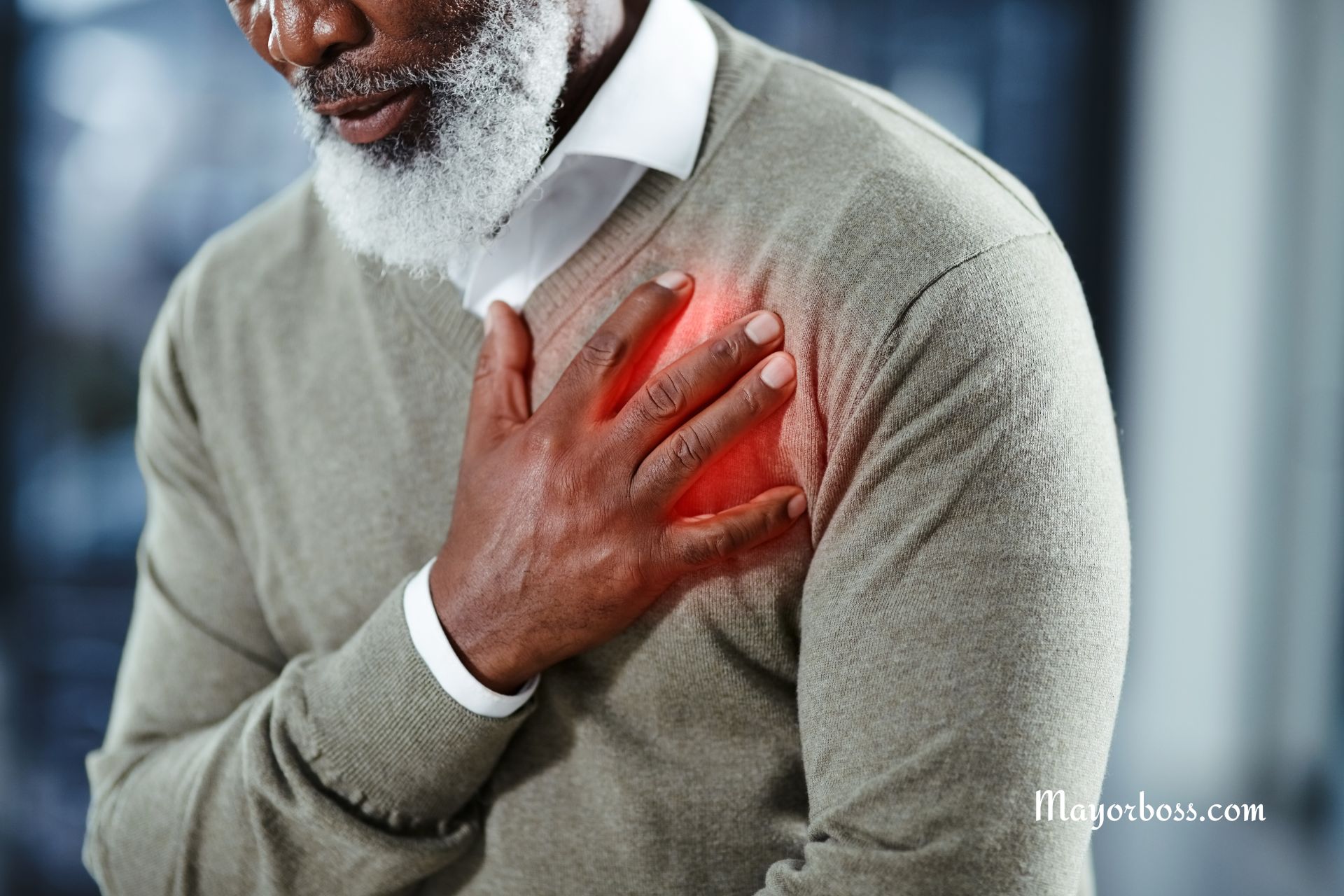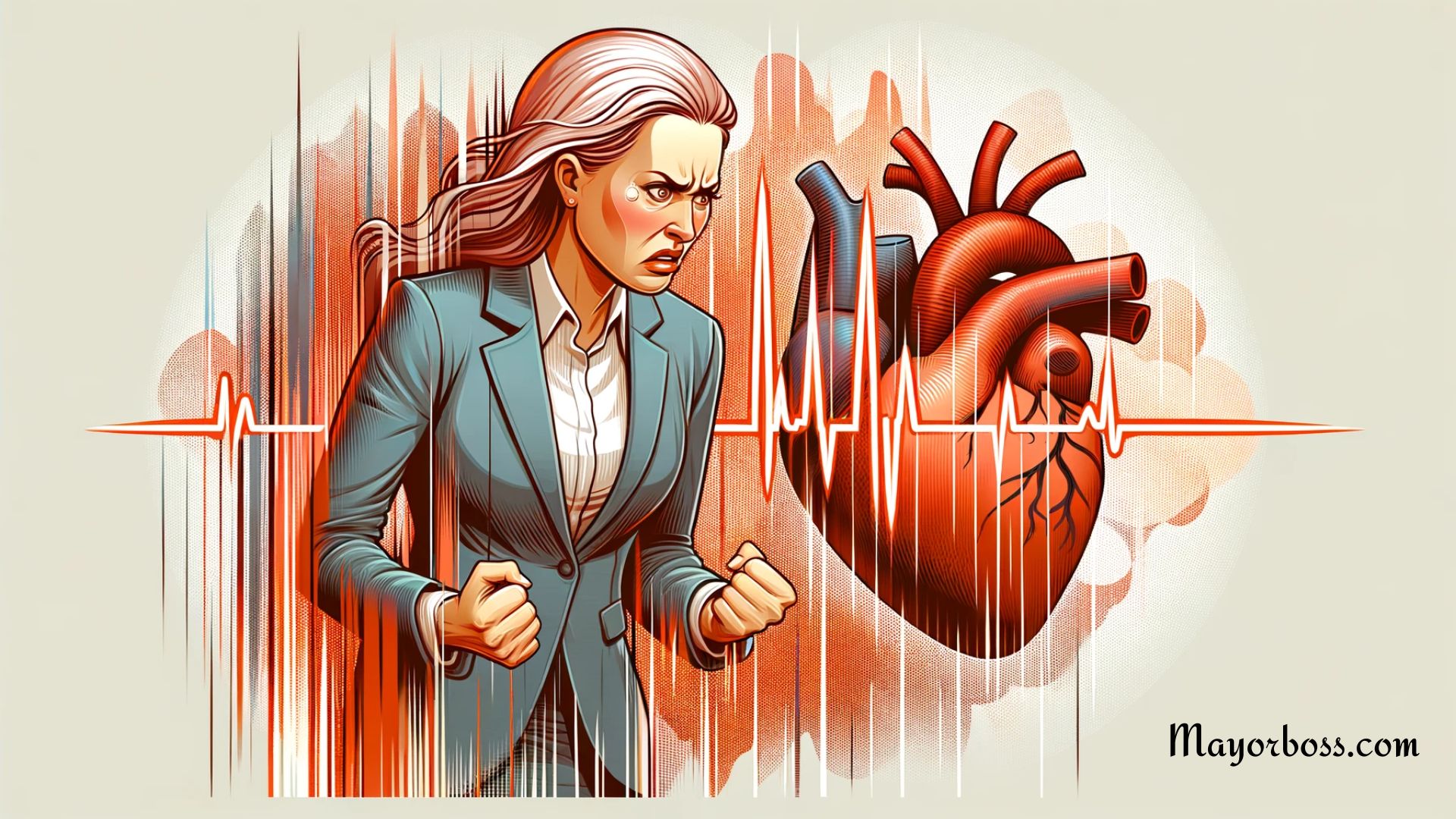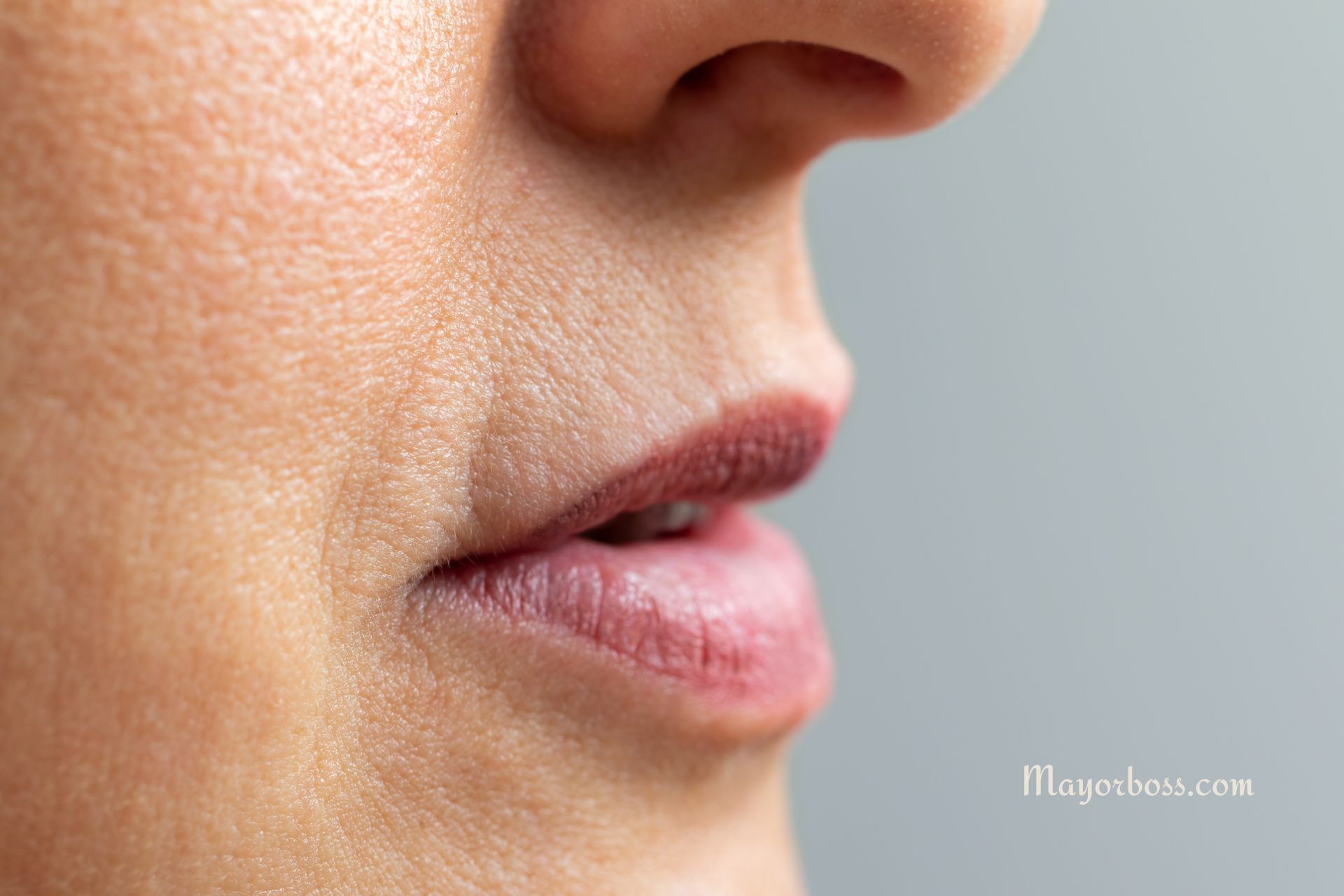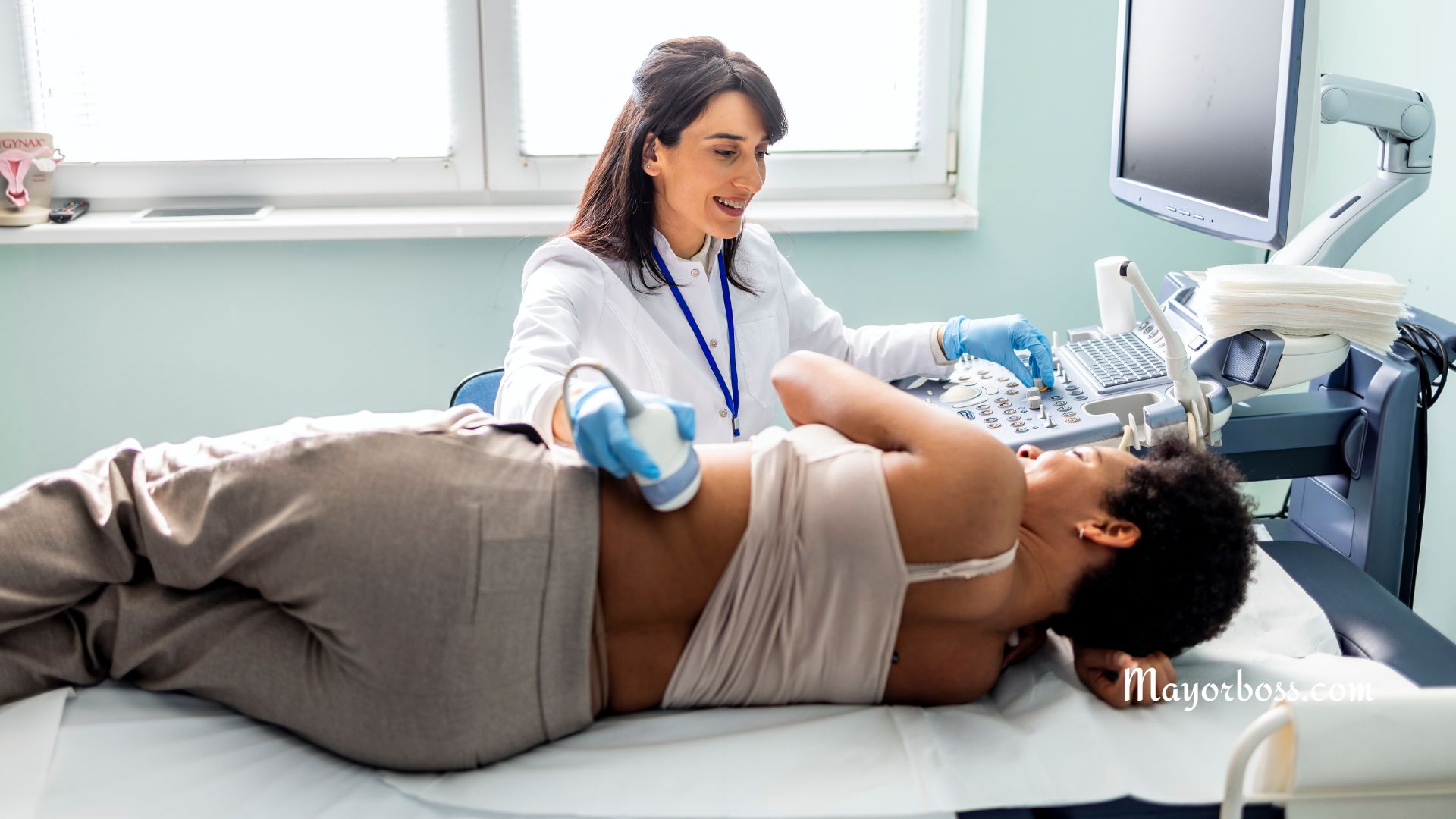6 Things That Happen During A Heart Attack
When we hear about a heart attack, we often think of someone suddenly grabbing their chest. But what really happens inside the body during a heart attack? A heart attack is a serious event that can happen to anyone, and knowing what goes on during one might just help save a life. Here are six main things that happen during a heart attack.

1. Blood Flow to the Heart Gets Blocked
The heart is like a pump that needs oxygen-rich blood to work properly. Coronary arteries are the blood vessels that bring oxygen to the heart muscle. During a heart attack, one of these arteries gets blocked, usually by a blood clot. This happens because plaque—made of cholesterol, fat, and other substances—builds up in the arteries. When the blood flow stops, the heart muscle starts to run out of oxygen, and this causes damage.
Highlight: A blocked artery means oxygen can’t reach part of the heart muscle, which can cause damage.
2. The Heart Muscle Starts to Suffer
Without oxygen, the heart muscle begins to get weaker. It’s kind of like trying to run without being able to breathe—you get tired really fast. In just a few minutes without oxygen, the heart muscle cells start to die. The longer this goes on, the more damage happens. That’s why it’s so important to get treatment fast.
Highlight: Without oxygen, the heart muscle gets damaged quickly, so restoring blood flow fast is very important.
3. Chest Pain or Discomfort Happens
One of the main signs of a heart attack is chest pain or discomfort. You might feel pressure, tightness, or a squeezing feeling in your chest, like something heavy is pressing down on you. The pain can also spread to your neck, jaw, back, or arms. The type and amount of pain can be different for everyone. Some people, especially women, might have other symptoms like shortness of breath or feeling sick instead of having bad chest pain.
4. The Body’s Nervous System Reacts
When the heart doesn’t get enough oxygen, the body’s nervous system sends out an alarm. It releases stress hormones like adrenaline, which can make you feel anxious or make your heart beat faster. You might start sweating, feel dizzy, or have a strong sense that something is very wrong. These are the body’s warning signals that you need help right away.
Highlight: Stress hormones can cause sweating, anxiety, and a fast heartbeat as the body’s alarm system kicks in.
5. Heart’s Electrical Signals Get Mixed Up
The heart uses electrical signals to keep beating regularly. During a heart attack, these signals can get mixed up. This can cause arrhythmias, which means the heart beats in an irregular way. Some arrhythmias are harmless, but others can be very dangerous and cause the heart to stop pumping blood properly. If the heart can’t pump blood well, the brain and other organs won’t get enough oxygen.
Highlight: Problems with electrical signals can lead to irregular heartbeats, and some of these can be very serious.
6. Permanent Damage or Recovery Starts
If blood flow isn’t restored quickly, parts of the heart muscle can get permanently damaged. But if you get medical treatment fast, like clot-busting medicine or surgery to open up the blocked artery, the blood flow can be restored, and the damage can be lessened. After a heart attack, some parts of the heart muscle may heal, but other parts may be scarred, which can weaken the heart.
Highlight: Quick treatment can reduce damage, but some scarring and weakening of the heart may still happen.
What You Should Do During a Heart Attack
If you or someone else has signs of a heart attack, it’s really important to act quickly. Call emergency services right away—every second matters. Chewing an aspirin (if you’re not allergic) can also help by thinning the blood and reducing damage. The faster you get medical help, the better the chances of a full recovery.
Final Thoughts
A heart attack is a race against time. Knowing these things can help you comprehend what’s happening inside the body during a heart attack. More importantly, recognizing the symptoms and acting fast can save lives. The heart is strong, but it needs quick care during a crisis. Keep your heart healthy by staying active, eating well, and getting regular check-ups, especially if you have risk factors like high blood pressure, diabetes, or a family history of heart disease.






